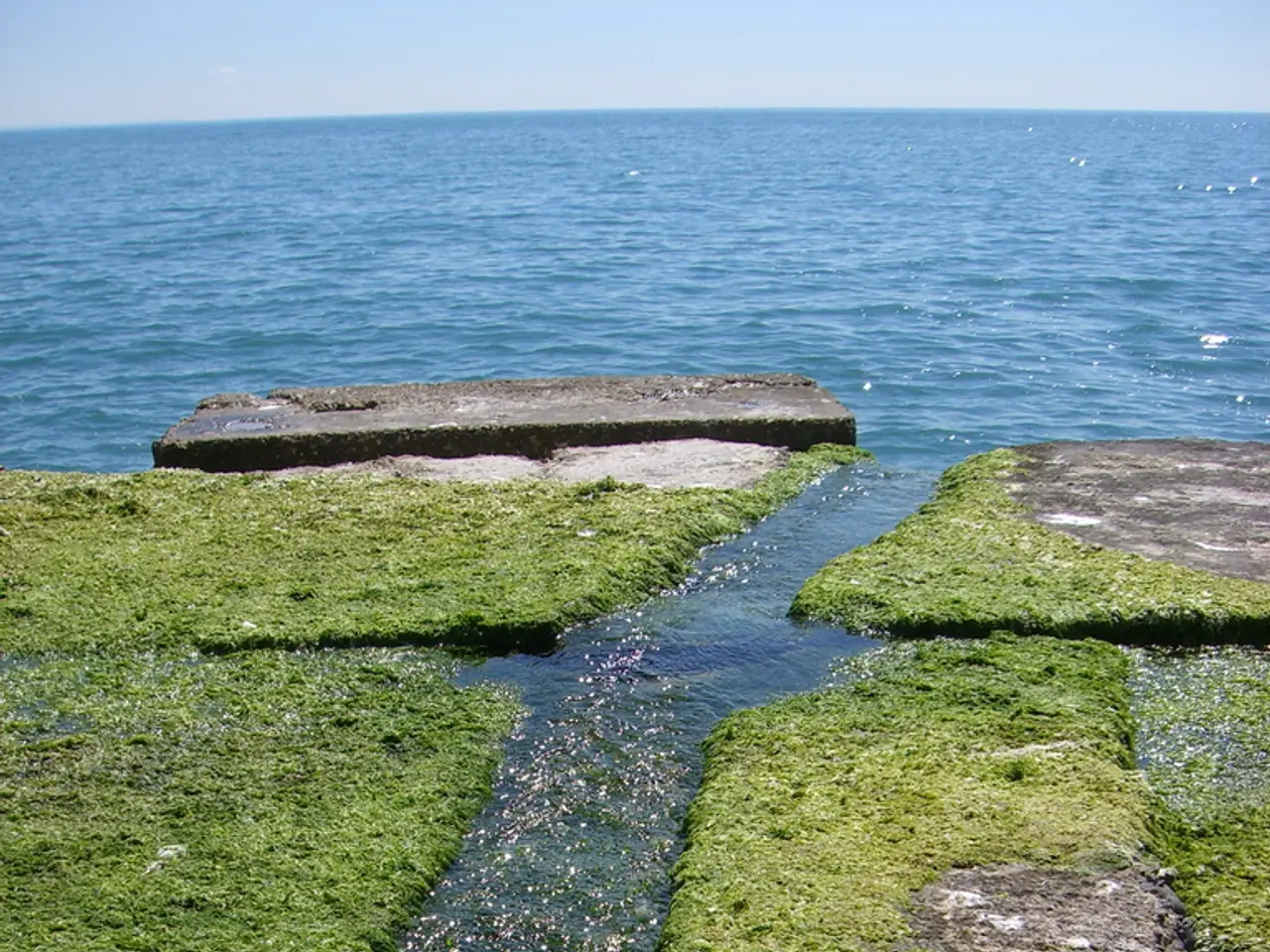Flak from Lower Saxony: Federal Government Pushing Through Gas Extraction Near Borkum, Ignoring Environmental Concerns and Climate Goals
Federal government plans to facilitate gas extraction near Borkum island in Lower Saxony - Federal Government Consents to Gas Production Prior to Borkum Island in Lower Saxony
The controversial gas extraction project off the North Sea island of Borkum is set to move forward with the federal government's planned agreement with the Netherlands, despite vocal opposition from Lower Saxony. The hasty decision has raised eyebrows, with Lower Saxony's Minister for the Environment, Christian Meyer (Greens), criticizing the federal government for siding with fossil gas corporations and jeopardizing the Wadden Sea, a UNESCO World Heritage site.
The treaty under consideration is a unitarization agreement between Germany and the Netherlands, having been in negotiations since summer 2022. The agreement is slated for discussion at the next federal cabinet meeting on Tuesday, according to government sources. However, the federal government has remained tight-lipped on the matter, refusing to confirm the timeline.
Lower Saxony's Grievances
This unexpected about-face from the federal government is noteworthy, as former Federal Minister of Economics Robert Habeck (Greens) had previously pledged to wait for potential court rulings before green-lighting the agreement.
Environmental organizations, including the German Environmental Aid (DUH) and Borkum Island, are contesting the gas extraction at the Higher Administrative Court in Lüneburg. Their primary concern is the potential environmental damage to the neighboring Wadden Sea, known for its unique tidal flats and rich biodiversity.
Environmental Concerns and Impacts
The ambition behind the project is gas extraction, which poses several risks, including pollution, disruption of marine habitats, and potential harm to the delicate ecosystem of the Wadden Sea. Lower Saxony is wary of the project's potential to undermine conservation efforts and compromise the ecological integrity of the Wadden Sea region. The region is crucial for many species, and its preservation supports local tourism and fisheries.
While the project's proponents argue for the economic benefits associated with gas extraction, the environmental costs cannot be ignored. The Wadden Sea is an ecologically sensitive and significant area that warrants careful consideration, both in terms of its biodiversity and as a tourist attraction. Disturbing this fragile ecosystem could have irreversible consequences for the inhabitants and industries that rely on its health and continued existence.
[1] The Wadden Sea's ecological significance lies in its unique tidal flats, diverse biodiversity, and global importance as a habitat for many species. The area is a UNESCO World Heritage Site, and any activities that could disrupt the delicate balance of this ecosystem should be closely scrutinized. Any potential risks, such as pollution or habitat disruption, could have far-reaching consequences for the ecosystem's inhabitants and local industries that depend on its preservation. (Enrichment data)
- The controversial gas extraction project off the North Sea island of Borkum, set to move forward despite vocal opposition from Lower Saxony, is causing concern among environmental organizations, who argue that the ecological risks associated with the project, such as pollution and disruption of marine habitats, could have irreversible consequences for the Wadden Sea's biodiversity and the local tourism and fisheries industries that rely on its preservation.
- While the projected economic benefits from gas extraction in the industry and finance sectors may be persuasive, it is imperative that the potential environmental impacts on the Wadden Sea, a UNESCO World Heritage site and a critical energy source for many species through the ecosystem's unique tidal flats, are carefully evaluated in the context of climate goals and future energy production systems that prioritize sustainability and renewable resources.




